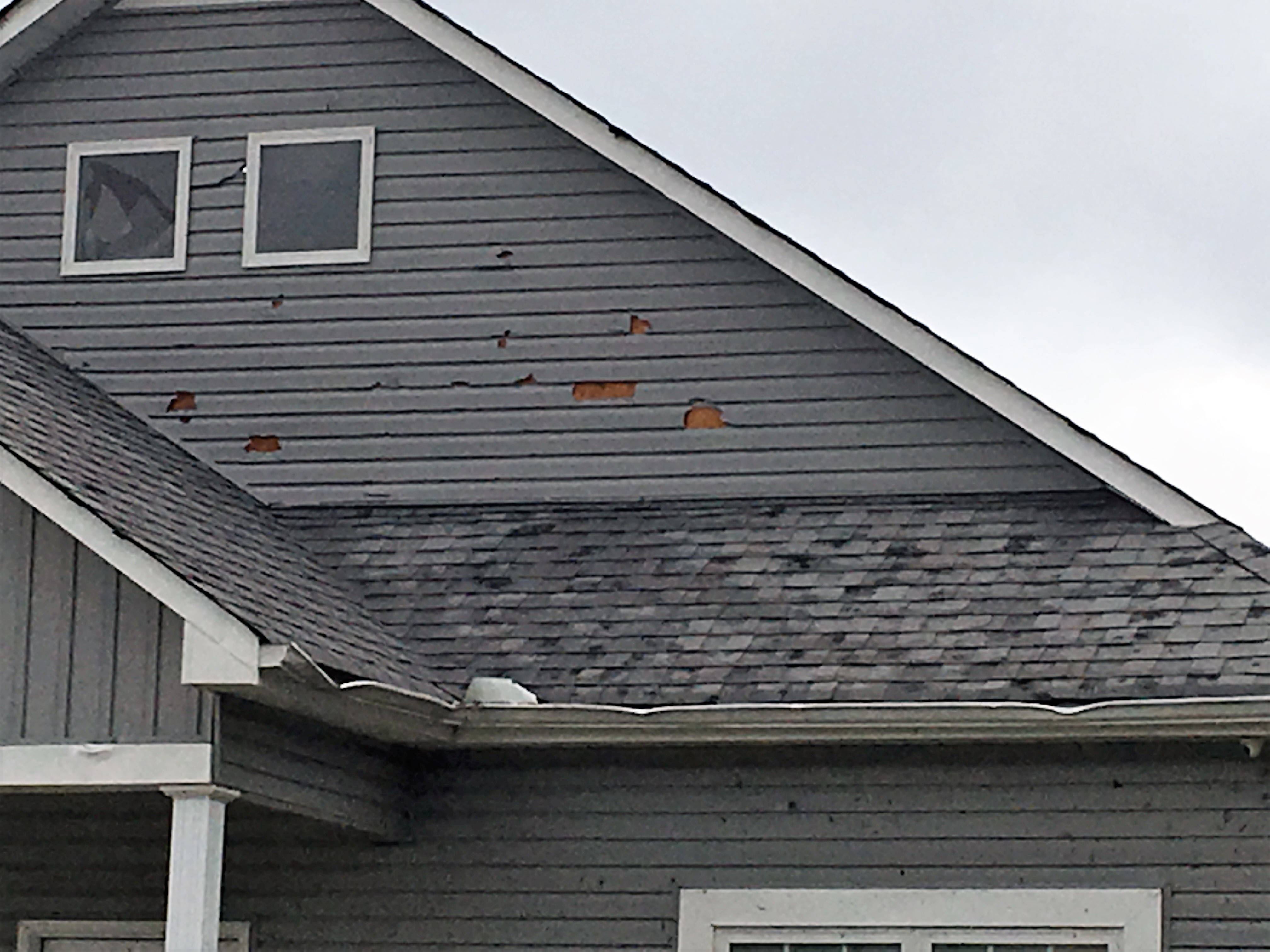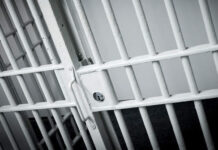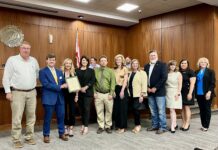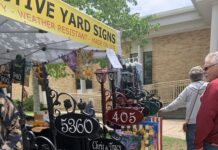A home on Bolte Road on March 20, 2018 (Tribune file photo)
ALABAMA – Persons and families who had property damage or loss caused by the storms and tornadoes of March 19-20 in Alabama’s Calhoun, Cullman, Etowah counties are urged to register with the Federal Emergency Management Agency (FEMA) for disaster assistance.
Register as soon as possible even if you have insurance or have previously registered with another disaster relief organization.
Help from FEMA for homeowners, renters and resident students can include grants for rent, temporary housing, home repairs to primary residences as well as other serious disaster-related needs. Assistance may be available for uninsured or underinsured losses or when insurance claims are not promptly settled.
The assistance FEMA provides is limited and intended to meet survivors’ basic needs and to help them on their way to recovery, not cover all their losses.
To register with FEMA, go online to www.DisasterAssistance.gov. Persons with a smartphone can download the FEMA app at www.fema.gov/mobile-app. and register. Registration by telephone also is available by calling 800-621-3362. For TTY call 800-462-7585. Those who use 711 or Video Relay Service (VRS) also can call 800-621-3362.
Survivors should let FEMA know they have a need or a reasonable accommodation request. FEMA can provide sign-language interpreters and materials in alternate formats, such as Braille, large-print and electronic versions.
FEMA assistance does not interfere or restrict any other assistance applicants may be receiving, and FEMA disaster assistance also is not taxable.
When registering with FEMA, the following information will be needed to complete the registration process:
- Social Security number
- Address of the location where the damage occurred (pre-disaster address)
- Current mailing address
- Current telephone number
- Insurance information
- Total household annual income
- Routing and account number for a checking or savings account (this allows FEMA to directly transfer disaster assistance funds into the applicant’s bank account)
- A description of the survivor’s disaster-caused damage and losses
Applicants receive a nine-digit FEMA registration number which will be needed to update your application with any new information or to discuss any issues with FEMA.
Some applicants may be required to submit a U.S. Small Business Administration (SBA) low-interest disaster loan application before FEMA can determine their eligibility for assistance. Others may be referred to submit a low-interest SBA disaster loan application. The SBA offers these loans to businesses of all sizes, most private nonprofits, homeowners and renters.
SBA loans can help eligible survivors recover from losses not covered by insurance, grants or other sources. SBA also offers low-interest working capital loans (called Economic Injury Disaster Loans) to small businesses and most private nonprofits having difficulty meeting obligations as a result of the disaster.
For more information, applicants may call SBA’s Disaster Assistance Customer Service Center at 800-659-2955, or visit SBA’s website at SBA.gov/disaster. Deaf and hard-of-hearing individuals may call 800-877-8339.
After registering for assistance, survivors will receive a letter with their application status. Some applicants may receive a text message or email if they have signed up for those services. The notification will explain the status of the application and how to respond.
If the applicant has home damage, applicants may receive a call from a housing inspector to schedule an appointment for a home inspection. When the inspector arrives, he or she will have official FEMA photo identification. Ask to see it and inspect it carefully.
At the inspection, survivors must provide proof of ownership or occupancy. Homeowners may show a tax bill, mortgage payment receipt or insurance policy with the property’s address while renters may show a lease, rent receipt, utility bill or other document confirming the home was their primary residence at the time of the disaster.
Homeowners and renters also must present a valid driver’s license or other photo ID. The homeowner or a designated person aged 18 or older must be present for the inspection. If you need language translation support during your inspection, including sign language, you can request it.
It is important to read all letters from FEMA carefully. Do not be discouraged if you get a letter saying you need to provide additional information in order to be eligible for assistance.
If you get a decision letter from FEMA that you don’t understand, or it doesn’t seem correct, you should call the FEMA Helpline at 800-621-3362. Often it is something simple that can be cleared up with additional information.
UNDERSTANDING A DETERMINATION LETTER
If you had a loss in the March storms and tornadoes and applied for federal assistance, you have or will receive a letter from FEMA. The letter will state whether your application results in an award, if the application is incomplete or you are ineligible for assistance. If ineligible or incomplete, make sure you read the letter carefully. It may be easy to fix any issues, such as the need for additional information. If you disagree with the decision, remember that everyone has the right to appeal, but you must do so in writing within 60 days of receiving the FEMA letter. A booklet provides the information needed to write the appeal. Find it online at www.fema.gov/help-after-disaster.





























